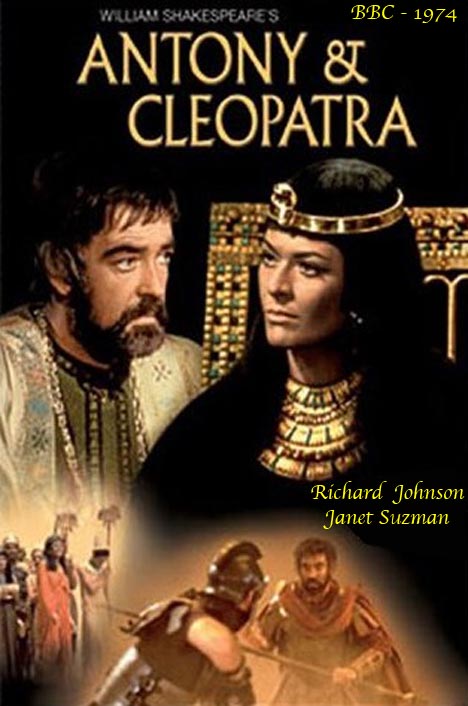 We just returned from the Stratford Festival where my wife Susan and I took in an excellent production of King John. It was this season’s sleeper being overshadowed by King Lear, Midsummer’s Nights Dream and Antony and Cleopatra.
We just returned from the Stratford Festival where my wife Susan and I took in an excellent production of King John. It was this season’s sleeper being overshadowed by King Lear, Midsummer’s Nights Dream and Antony and Cleopatra. King John (played by Tom McCamus) is not one of the Bard’s more favored plays, though I read in its day it was quite popular and Jane Austin preferred it over Hamlet.
We are not so familiar with the great lines from King John, such as:
That smooth-faced gentleman, tickling Commodity, Commodity, the bias of the world.
Here I and sorrows sit;
Life is as tedious as a twice-told tale, Vexing the dull ear of a drowsy man.
 The star of the show is Philip, Shakespeare’s most likable bastard. The Bastard (played by Graham Abbey) has more lines than the title character. When we are introduced to Philip, he is a bit of a verbose madcap with a quick wit and honest about his position.
The star of the show is Philip, Shakespeare’s most likable bastard. The Bastard (played by Graham Abbey) has more lines than the title character. When we are introduced to Philip, he is a bit of a verbose madcap with a quick wit and honest about his position.Madam, I was not old Sir Robert's son:
Sir Robert might have eat his part in me
Upon Good Friday, and ne'er broke his fast.
The Bastard has no illusions that he is ambitious and will suffer excommunication to flourish.
Bell, book, and candle shall not drive me back,
When gold and silver becks me to come on.
Philip reveals fighting nobility towards the end of the play when he attempts to inspire King John to action.
Let not the world see fear, and sad distrust.
Govern the motion of a kingly eye:
Be stirring as the time; be fire with fire;
Threaten the threatener, and outface the brow
Of bragging horror: so shall inferior eyes,
That borrow their behaviours from the great,
Grow great by your example, and put on
The dauntless spirit of resolution.
There are two strong women in the play; Elinor, King John’s mother who wishes her son to remain king, and Constance, John’s widowed sister-in-law from his old brother. Constance has a young son, Arthur, who she wishes to see king. The two woman verbally jab at one another.
QUEEN ELINOR
There's a good mother, boy, that blots thy father.CONSTANCE
There's a good grandam, boy, that would blot thee.

Constance (played by Seana McKenna) is the more intriguing of the two. She is left alone in a man’s world to fight for the future of her child’s life and her own.
When Austria and the King of France renege on their promise to go to war with England to put Constance’s son Arthur on the throne, she rails against Austria:
 What a fool art thou,A ramping fool, to brag and stamp and swear
What a fool art thou,A ramping fool, to brag and stamp and swearUpon my party! Thou cold-blooded slave,
Hast thou not spoke like thunder on my side,
Been sworn my soldier, bidding me depend
Upon thy stars, thy fortune and thy strength,
And dost thou now fall over to my foes?
Thou wear a lion's hide! doff it for shame,
And hang a calf's-skin on those recreant limbs.
Pressure from Rome persuades France to war with England, but the French are defeated and Arthur is taken prisoner. Constance is overly distraught.
Death, death; O amiable lovely death!
Thou odouriferous stench! sound rottenness!
Arise forth from the couch of lasting night,
Thou hate and terror to prosperity,
And I will kiss thy detestable bones
And put my eyeballs in thy vaulty brows
And ring these fingers with thy household worms
And stop this gap of breath with fulsome dust
And be a carrion monster like thyself:
Fearing he may lose the crown, King John relates to Hubert that he will not feel safe unless Arthur is dead. There is an absolutely heartbreaking scene when Hubert prepares the hot irons to put out the eyes of young Arthur (played by Noah Jalava).
I will not struggle, I will stand stone-still.
 For heaven sake, Hubert, let me not be bound!
For heaven sake, Hubert, let me not be bound!Nay, hear me, Hubert, drive these men away,
And I will sit as quiet as a lamb:
Or, Hubert, if you will, cut out my tongue,
So I may keep mine eyes: O, spare mine eyes.
Though to no use but still to look on you!
As with many of Shakespeare’s history plays, the subject of what makes a ruler is closely examined. It is a play of political intrigue and political convenience set among human drama; ambition, pain and death.
Mad world! mad kings! mad composition!
Stephen Gaspar's books are available on Amazon











.jpg)

.png)








